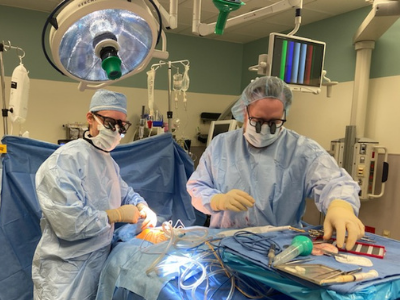

Dr. Peter Sylvester's
Patient care philosophy
"My patient care philosophy has developed during training and has been colored by my experiences. Above all, patients must be treated with compassion and respect. My goal is to be their doctor, advocate, and educator - with an extra emphasis on education. I am determined to make sure everyone completely understands the plan at all stages of care, and that patients and their families share in decision making. My goal is to use my years of research experience and training in process improvement to optimize the patient experience."








